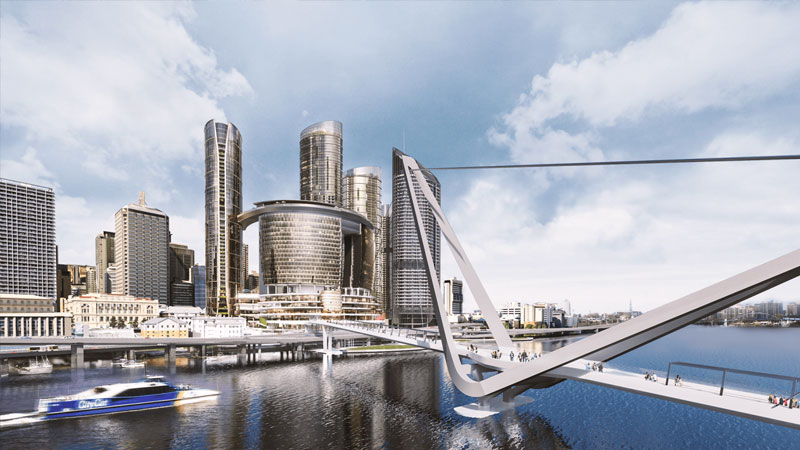Star Entertainment Group Profit Falls Amid VIP Downturn
A “cautious consumer environment” has waned on Australian casino giant Star Entertainment with profits from its high-rolling VIP program down 35 per cent over the year.
Star, which owns hotels and casinos in Sydney, Brisbane and the Gold Coast, reported an 8.4 per cent fall in normalised profit after tax to $224 million for the year to June 30.
The company's normalised earnings before interest, tax, depreciation and amortisation from the VIP business fell to $557 million while its domestic customers made up 88 per cent of the group’s earnings for the year.
Turnover from foreign high rollers was $42.4 billion over the 12 months to June 30, a decrease of 30.7 per cent on the previous year.
Despite a record 10 per cent growth in the number of international VIPs, it was offset by reduced spending by those customers, with International VIP Rebate business revenue declining 30.7 per cent.
However, according to Star, “solid” domestic gambling growth at its casinos in Sydney, Brisbane and the Gold Coast helped lift domestic profit by 5.4 per cent.

Star revealed it had paid out $18.4 million in redundancy and restructuring costs following its June announcement it would cut up to 20 per cent of its salaried staff.
The cost-cutting exercise has seen 343 executives and $40 million worth of salaries leave the business. A further $5 million in non-salary costs is expected to be saved by the end of the current financial year.
Star chief executive Matt Bekier announced the cost cuts in mid-June, when weak consumer confidence and falling spending by VIP punters forced The Star to downgrade its full-year profit forecast.
“Our earnings are solid, our balance sheets is strong and we have a very robust domestic business that will be even stronger now that we have taken decisive action on costs that will set us up well for the next year,” Bekier said.
The company said that domestic revenue in the early part of the 2020 financial year “continues to reflect a cautious consumer environment but has improved” from levels seen in the early stages of 2019.
The company said weak economic conditions in China and the US-China trade war had weighed down sentiment in that market as well as softening domestic revenue growth.
“The group remains focused on executing our long-standing strategy of investing to drive visitation and earnings to our network of properties in sought-after destinations,” Bekier said.
The company said its capital works remain on track, with major developments underway at Queen's Wharf in Brisbane and The Star in the Gold Coast.
“Around 60 per cent of total project costs for Queen’s Wharf Brisbane are now under lump sum contracts, with a further approximate 28 per cent to be contracted on lump sum terms expected by end of the financial year,” Bekier said.
The company, which relies heavily on high-roller gambling revenue particularly from Chinese gamblers, noted that limited five-star accommodation in Australia, the high cost of travel in Australia compared to cheaper destinations closer to China, and strict Australian visa requirements had hindered a strong rise in revenue from Chinese tourists.














